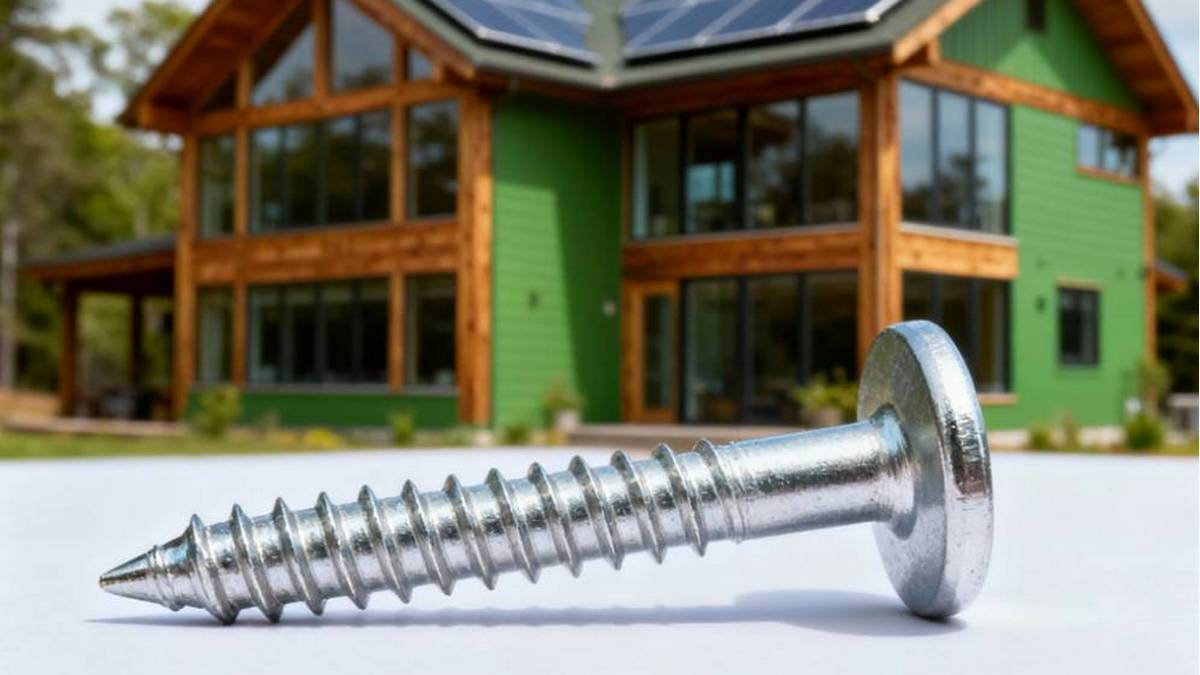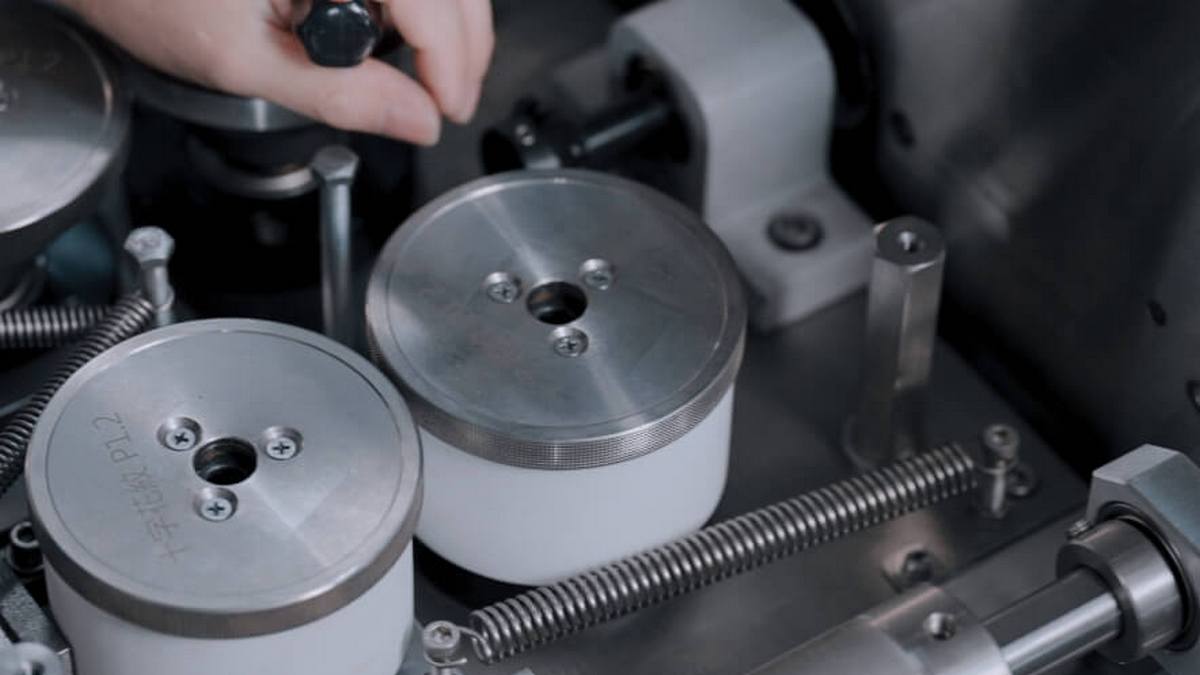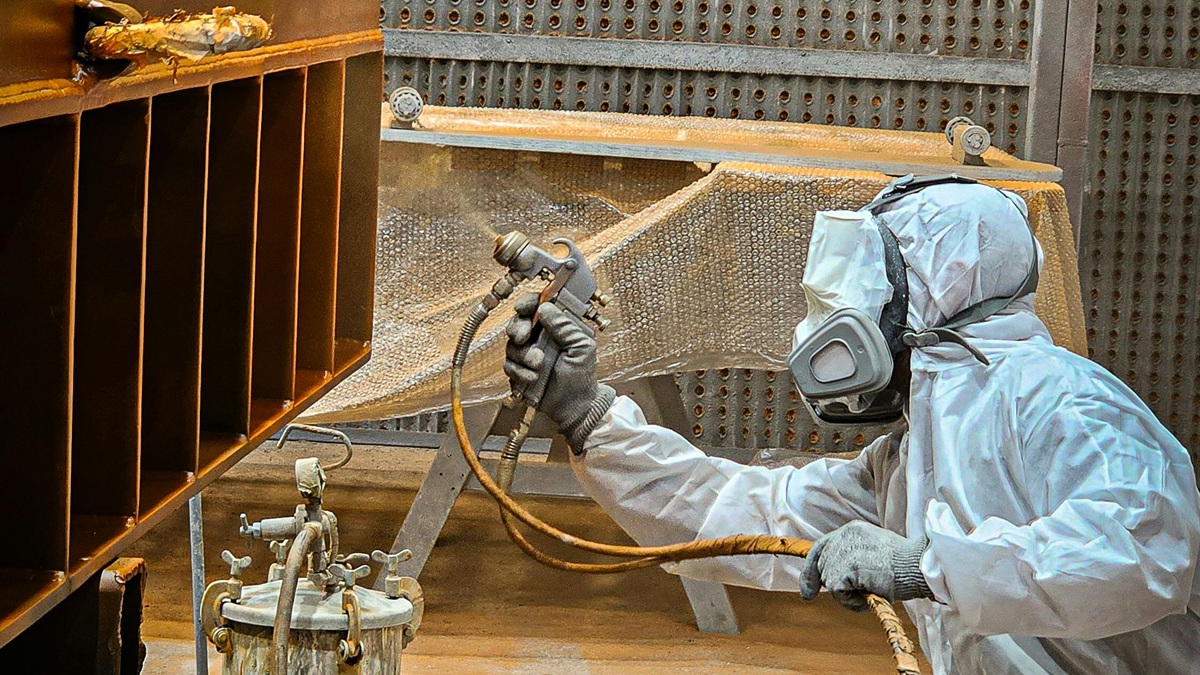Medical technologies are products, services or solutions that save and improve people’s lives. In addition to advanced medical technologies, healthy activity and nutrition play important roles in our daily healthcare.
Medical Technologies Are with You All the Time
From pregnancy tests to ultrasound scans, medical technology is with you from before you are born. If you scratched your knee as a child, you wore a plaster; if your vision blurs, you got glasses.
Medical technology supports patients in checking the status of a disease or chronic condition.
- Prevention
- Diagnosis
- Monitoring
- Treatment
- Care
The value of medical technology is in its ability to save lives, improve health and contribute to sustainable healthcare.
In 2020 and 2021, the Covid-19 pandemic forced healthcare industries and services to make major transformations, and, as a result, several promising medical technologies were tested on a massive scale. In 2022, the question will be, “How will these technologies be used in a post-pandemic world?”
What Are the Top 5 Medical Technologies in 2022?
- Remote patient monitoring (RPM)
Physicians can now check a patient’s condition without the patient being physically present. There are several benefits to RPM including better patient outcomes, faster response times, and significant cost reductions over time.
- Artificial intelligence (AI)
AI takes on many different forms in healthcare. The primary trend for AI in healthcare 2022 will be in utilizing machine learning to evaluate large amounts of patient data and other information. By creating tailored algorithms, programmers can mimic human thought and write programs that can seemingly think, learn, make decisions, and take action.
- Digital therapeutics
Patients that have chronic illnesses often require ongoing care from their physicians. This care can include patient education, symptom monitoring, medication adjustment, and behavioral changes. Not only is this care costly, but it is also very time-consuming for both medical staff and patients. Now, there are new digital therapeutics that can fill this role.
- Technology in mental health
There are several new technologies that have emerged over the past year that can help address a patient’s ongoing mental health needs. While most assessments and initial treatments may still need to be completed by a clinician, there are now additional tools patients can use to improve their mental health between appointments.
- Internet of medical things
The internet of things refers to the invisible network formed by physical objects that are connected to the internet. For healthcare, this encompasses new technologies such as remote patient monitoring, 5G-enabled devices, and wearable sensors. The more than 500,000 web-enabled medical devices are increasingly interconnected to be able to provide the most accurate and up-to-date patient data.
And, What’s More... Preventive Healthcare comes in place.
What Is Preventive Healthcare?
Preventive healthcare deals with the prevention of illnesses, thereby decreasing the burden of disease and associated risk factors. Preventive measures can be applied at all stages of a disease’s lifespan, and across a spectrum of diseases, to prevent a decline in health over time.
Healthy activity and good nutrition play important roles in our daily preventive healthcare. A healthy lifestyle that consists of physical activity and proper nutrition is important to our overall quality of life, and are essential for maintaining a healthy body and mind.
Physical activity and exercise are crucial for your body. Engaging in regular physical activity and exercise provides many benefits to your body’s physical and mental health, and can help protect you from many diseases including:
- Heart disease
- High blood pressure
- Diabetes
- Obesity
- Back pain
- Osteoporosis
- Depression
- Anxiety
- >Stress
- Attention Deficit Hyperactivity Disorder (ADHD)
- Post-Traumatic Stress Disorder (PTSD) and Trauma
There are other surprising benefits that exercise provides such as:
- Higher self-esteem
- Sharper memory
- Improved concertation
- Better sleep
- More energy
- Greater resilience to cope with stress
- Stronger immune system
Good nutrition is just as important as exercise for your overall health. By Improving your diet, you will enjoy increased energy levels, a stronger immune system, and will generally feel well more often. A nutritious and balanced diet of lean proteins, carbs, and good fats can help you eliminate extra weight and reduce your risk of many diseases:
- Heart disease
- Cancer
- Diabetes
- >Obesity
- High blood pressure
- Kidney stones
- Osteoporosis
Combining dietary changes and regular exercise can help you achieve more meaningful healthcare, and this can all be made more manageable through preventive healthcare and medical technologies.











.jpg)


